Saigon Ward, a familiar name that has just returned to the administrative map, was formed from the merger of Ben Nghe Ward, part of Da Kao Ward and Nguyen Thai Binh Ward (old District 1). This is considered the central ward of Ho Chi Minh City, where most of the administrative agencies, skyscrapers and large commercial centers are concentrated.
Restoring the name Saigon not only evokes familiar memories for many generations of people but also affirms the unique identity of Ho Chi Minh City - a youthful city but rich in heritage, always respecting its roots in the journey of development.
Located in the heart of the city, Saigon ward, though bustling and modern, still preserves many buildings and relics that are more than 100 years old. Each wall, tiled roof, and majestic row of columns here is like a living page of history, recalling an old, nostalgic Saigon.
After the merger, Saigon Ward has an area of over 3km2 and a population of about 47,000 people. This is the largest ward among the four wards merged from District 1, surpassing Ben Thanh Ward (1.85 km2), Cau Ong Lanh Ward (1.6 km2) and Tan Dinh Ward (1.23 km2).
The headquarters of the People's Council - People's Committee of Ho Chi Minh City, an ancient architectural work built from 1889 and completed in 1909, was designed by architect Femand Gardès in the style of the bell tower of Northern France. In 2020, this work was recognized as a National Architectural and Artistic Monument, witnessing many important historical milestones of the city.
Not far away is the City Theater, located on Dong Khoi Street. This project was started in 1898 and inaugurated on January 1, 1900, and is now 125 years old.
The City Theater is a central, multi-purpose theater that specializes in organizing theatrical performances and major events. It is also one of the oldest theaters in Western European architecture and a famous tourist attraction of the city.
Located on Cong Truong Cong Xa Paris Street, Notre Dame Cathedral was started in 1877 and completed after 3 years, designed by architect J. Bourad. This building is considered a symbol of Ho Chi Minh City.
Notre Dame Cathedral is not only a symbol of Catholicism in Vietnam but also one of the unique architectural works and famous destinations in Ho Chi Minh City. This work is currently being restored.
Located next to Notre Dame Cathedral is the Ho Chi Minh City Post Office building, built from 1886 - 1891. This project contributes to creating an architectural space with unique historical and cultural values for the Saigon ward area in particular and Ho Chi Minh City in general.
The architecture of the Ho Chi Minh City Post Office building is a combination of Western and Eastern design styles, designed by architect Villedieu and his assistant Foulhoux.
In 2023, Ho Chi Minh City Post Office was honored to be ranked 2nd (after Algiser Central Post Office of Algeria) in the list of 11 most beautiful post offices in the world voted by the American Architectural Digest magazine. Being named in this list is a source of pride for the people of Ho Chi Minh City.
The State Bank of Vietnam, Ho Chi Minh City branch, located on Vo Van Kiet Street, is one of the city's unique architectural works. Built in 1929 - 1930, it was originally a branch of the Bank of Indochina in Saigon, then became the National Bank of Vietnam in 1955 and from 1976 to present, it has been the headquarters of the State Bank of Vietnam, Ho Chi Minh City branch.
The Ho Chi Minh City Customs Department Headquarters was rebuilt in 1885-1887, and used to be the Tax and Customs headquarters of the French government. After 1975, this building was used as the headquarters of the Ho Chi Minh City Customs Department until now. With its unique Western-style architecture, this building is considered one of the most beautiful architectures in Saigon and was ranked as a city-level monument at the end of 2024.
The headquarters of the merged Saigon Ward will be located at 45-47 Le Duan Street. Ms. Ngo Hai Yen, Vice Chairman of the Saigon Ward People's Committee, said that naming the central ward Saigon will help make it easier to identify, facilitate management and promote the urban image, develop tourism, services and the local economy.
"Naming Saigon ward also has historical significance because it is the connection between tradition and modernity, a bridge of pride, awareness of roots, and responsibility to continue cultural heritage with a dynamic future," Ms. Ngo Hai Yen shared.
The headquarters of the Party Committee - People's Council - People's Committee of Saigon Ward, built in 1876, still retains its original architecture after nearly 150 years. This project has just been ranked as an architectural and artistic relic by the Ho Chi Minh City People's Committee at the end of 2024.
Located along the banks of the Nhieu Loc - Thi Nghe canal, Saigon Zoo and Botanical Garden was established in 1864. With an area of 16.9 hectares, this place is considered the "green lung" of the city.
Currently, Saigon Zoo and Botanical Garden is nurturing 1,373 animals and more than 900 species of plants, including many rare species such as crested pheasants, echinoderms, golden-cheeked gibbons, golden deer, leopards, clouded leopards... This is the eighth oldest zoo in the world with an age of 161 years.
Saigon Ward is also the area with the highest real estate and commercial value in Ho Chi Minh City today, with bustling streets, many 5-star hotels, large shopping centers, class A office buildings and street-front houses with record high prices.
Saigon Ward has a central location, imbued with historical and cultural values; it is home to many historical, architectural and symbolic relics such as the City People's Committee Headquarters, the City Theater, Notre Dame Cathedral, the City Post Office, Nguyen Hue Walking Street and many important headquarters of the Central and City agencies, consulates, and large financial institutions of many countries. This is a favorable foundation for Saigon Ward to build an economic - cultural - tourism development orientation with the characteristics of a central urban area; at the same time, promote the image of a modern urban area associated with historical depth - an important advantage to shape the central urban identity of Saigon Ward.
Saigon Ward is limited by the following routes: Hoang Sa, Nguyen Dinh Chieu, Hai Ba Trung, Nguyen Thi Minh Khai, Nam Ky Khoi Nghia, Vo Van Kiet, Ton Duc Thang and Nhieu Loc - Thi Nghe canal.
Dantri.com.vn
Source: https://dantri.com.vn/xa-hoi/nhung-cong-trinh-mang-dau-an-the-ky-o-phuong-sai-gon-20250709000240498.htm



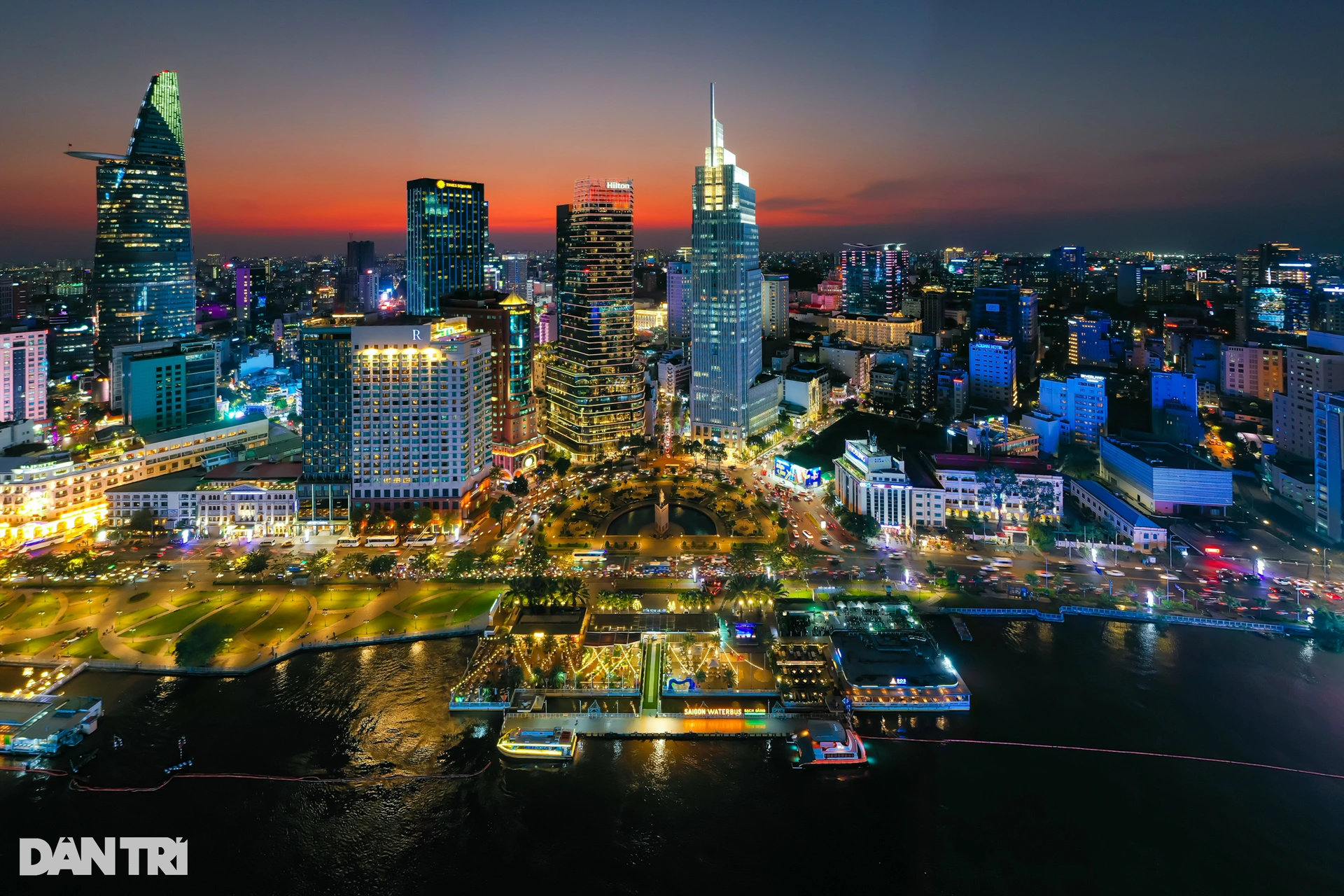
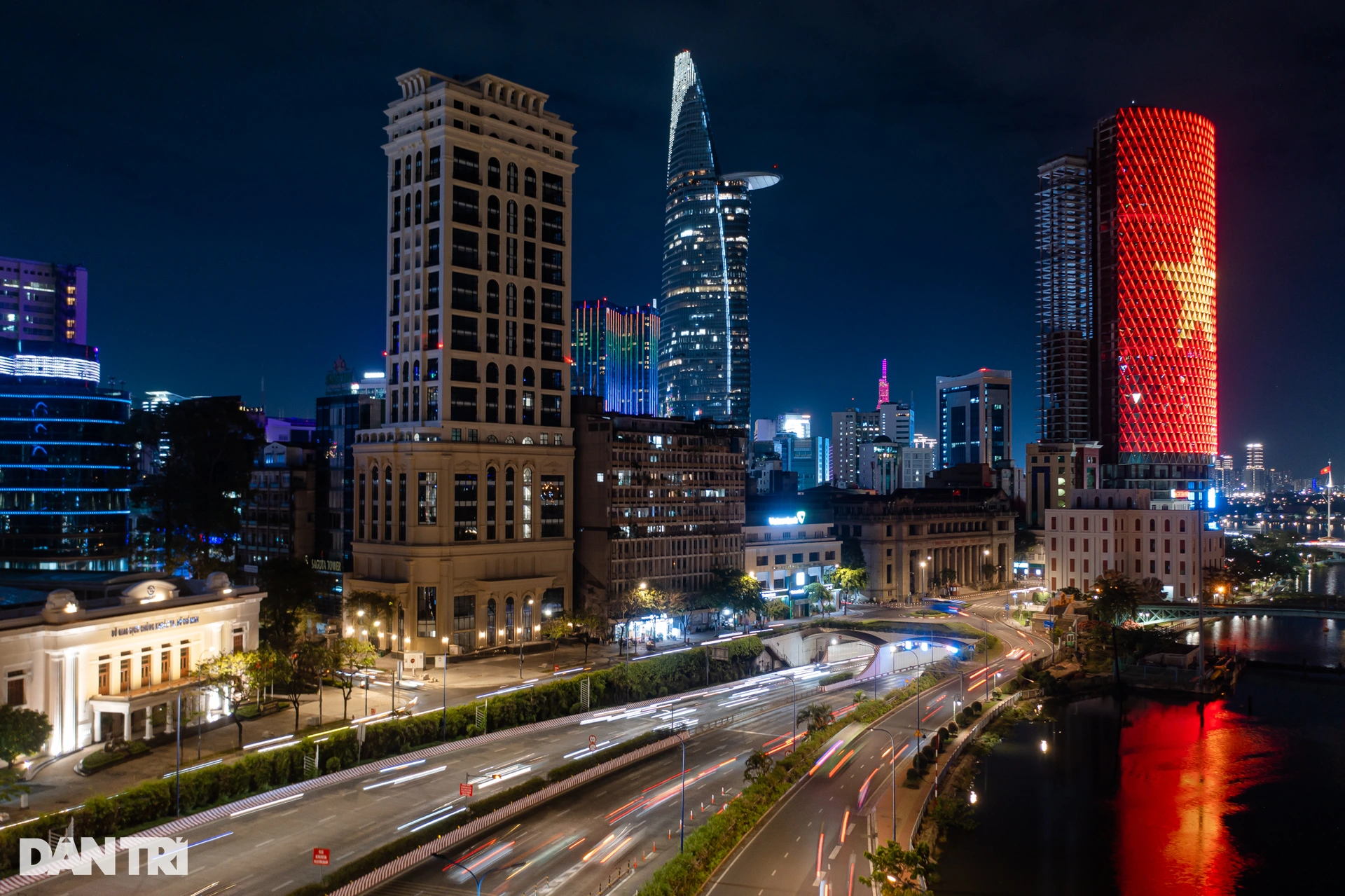
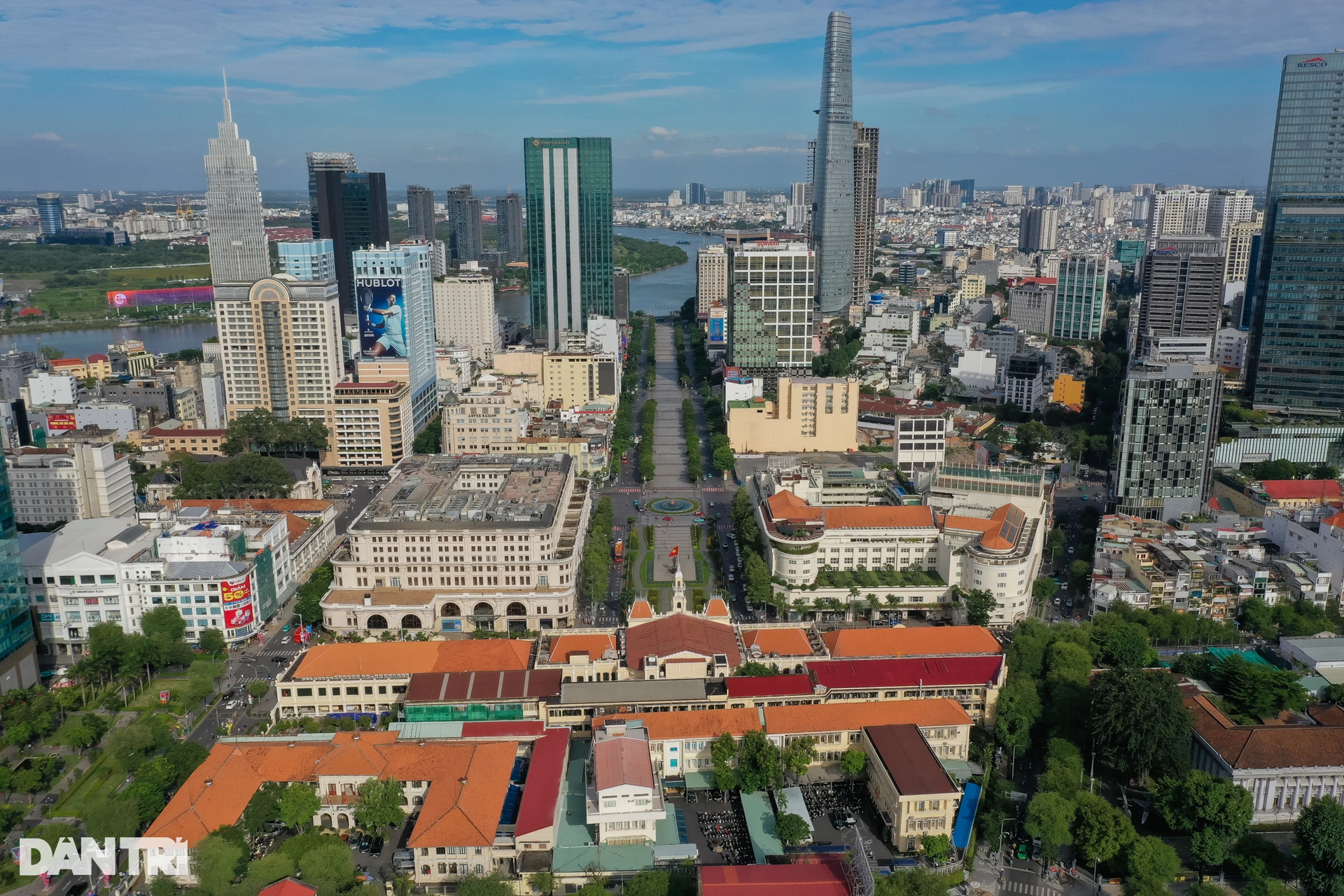
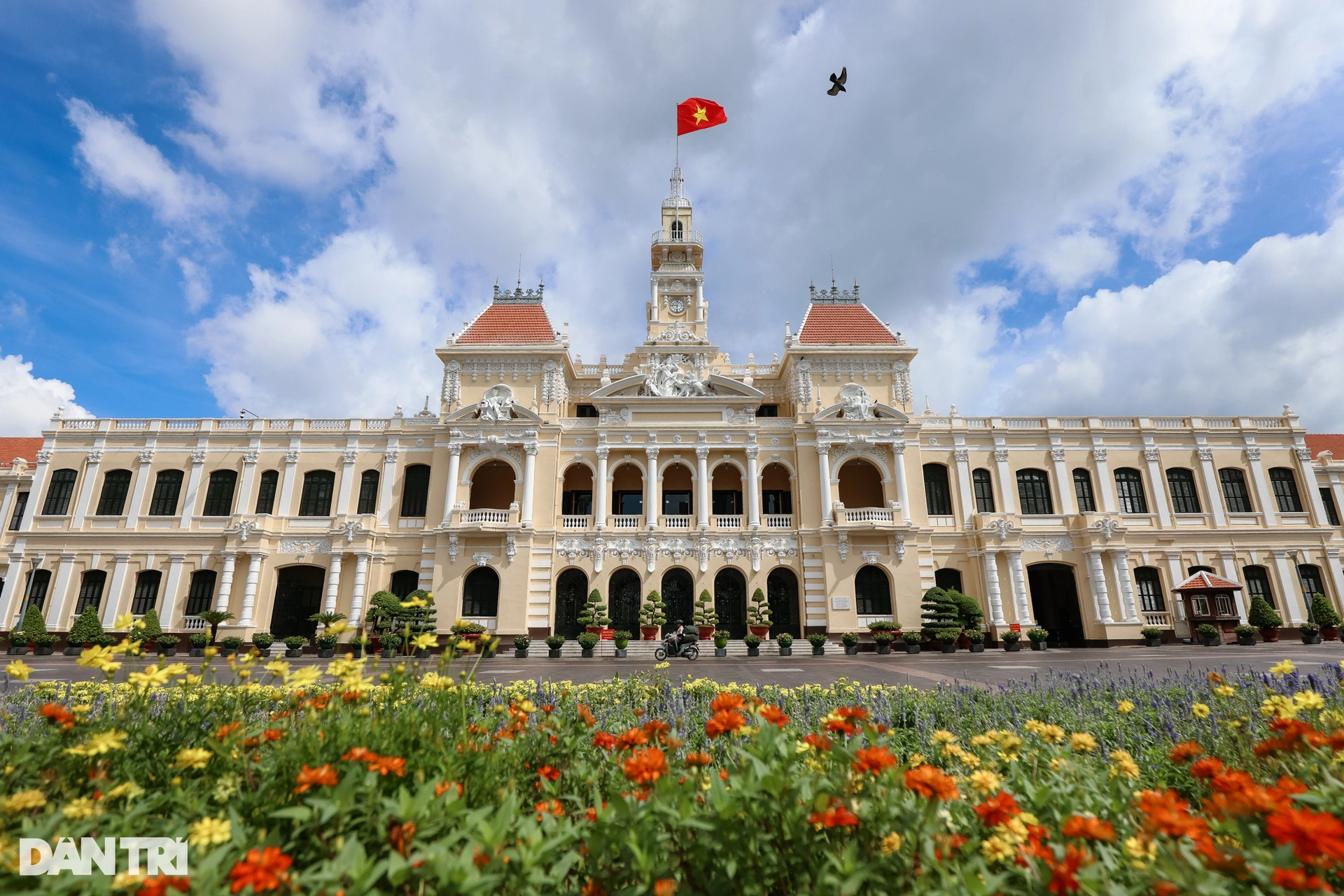
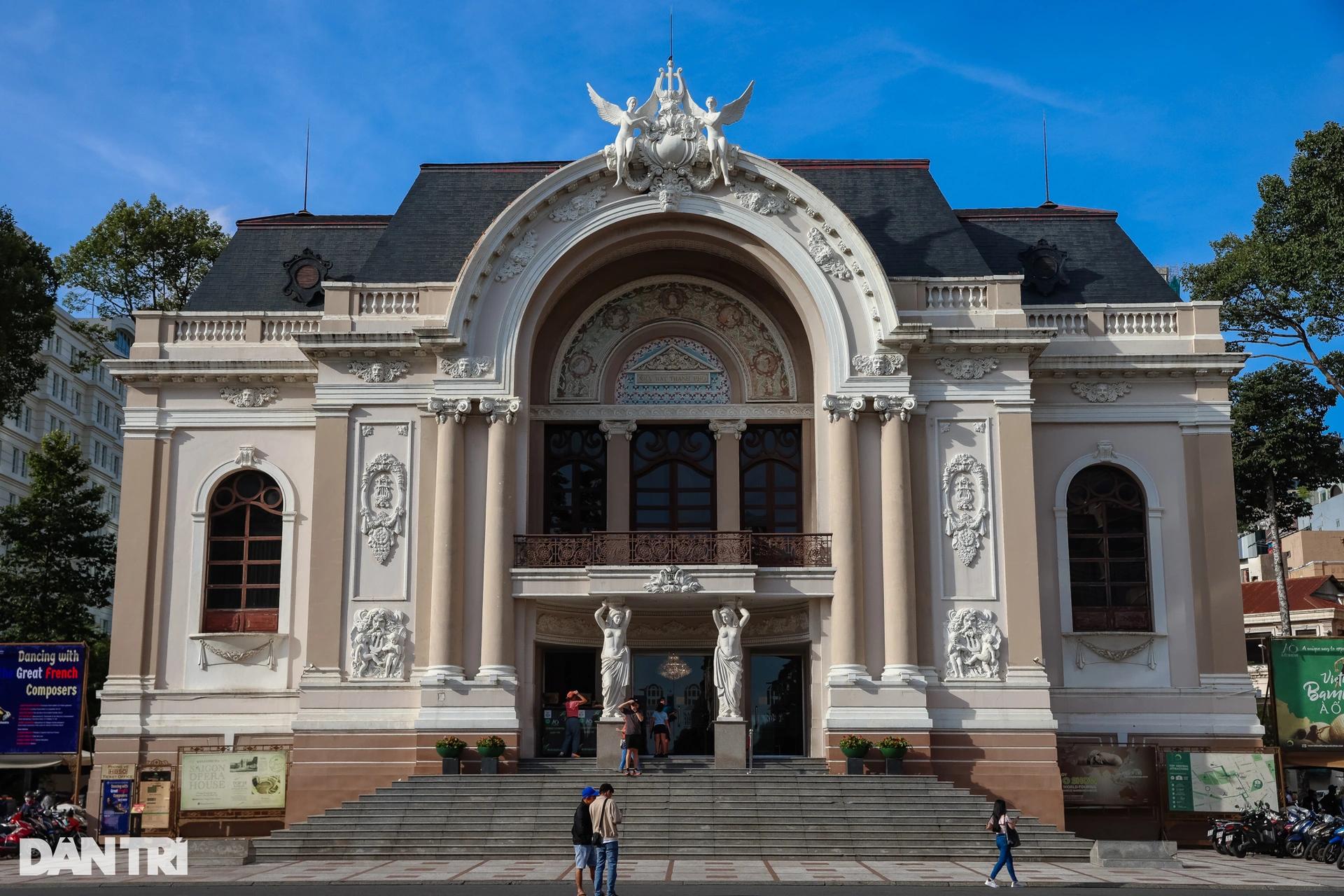
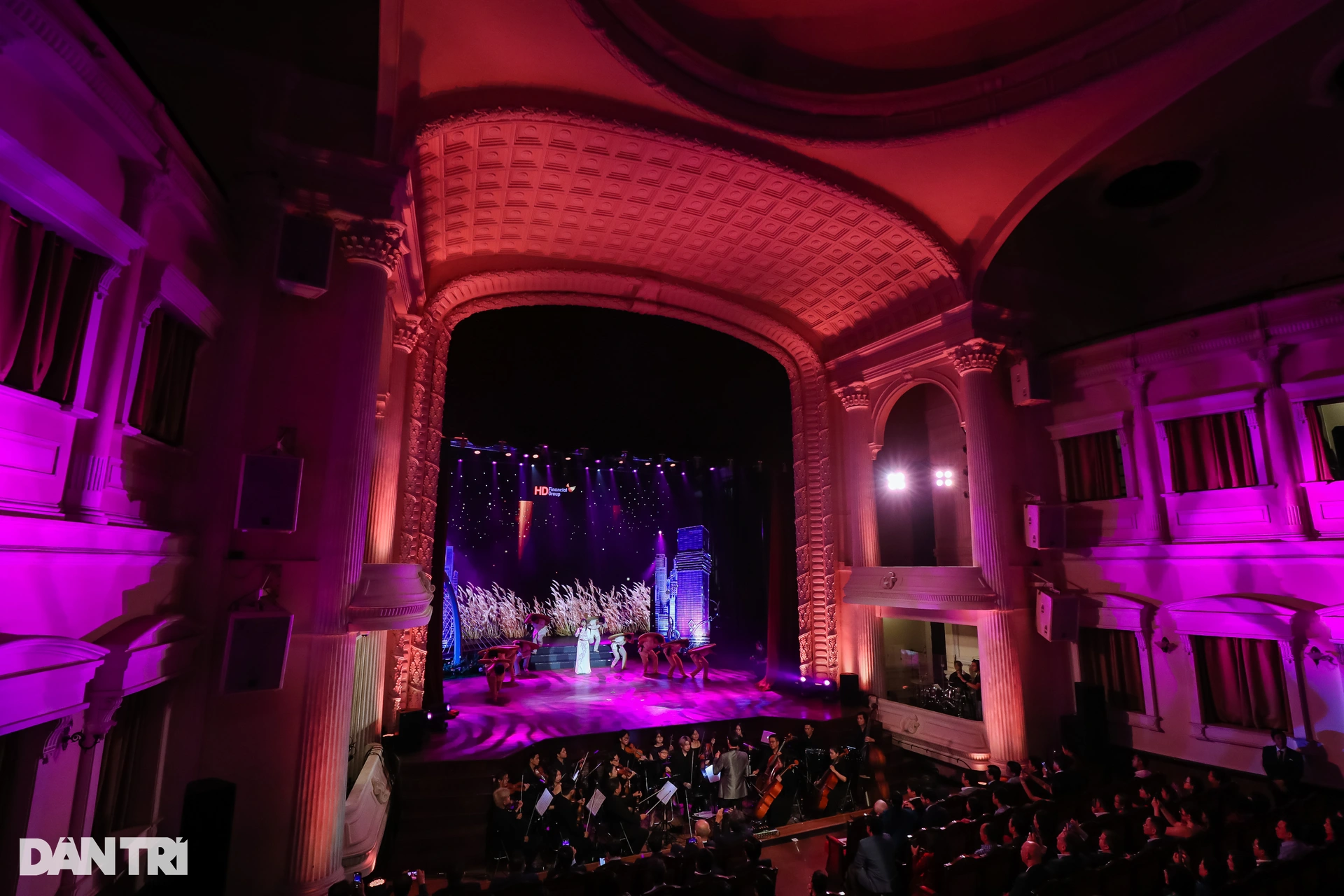
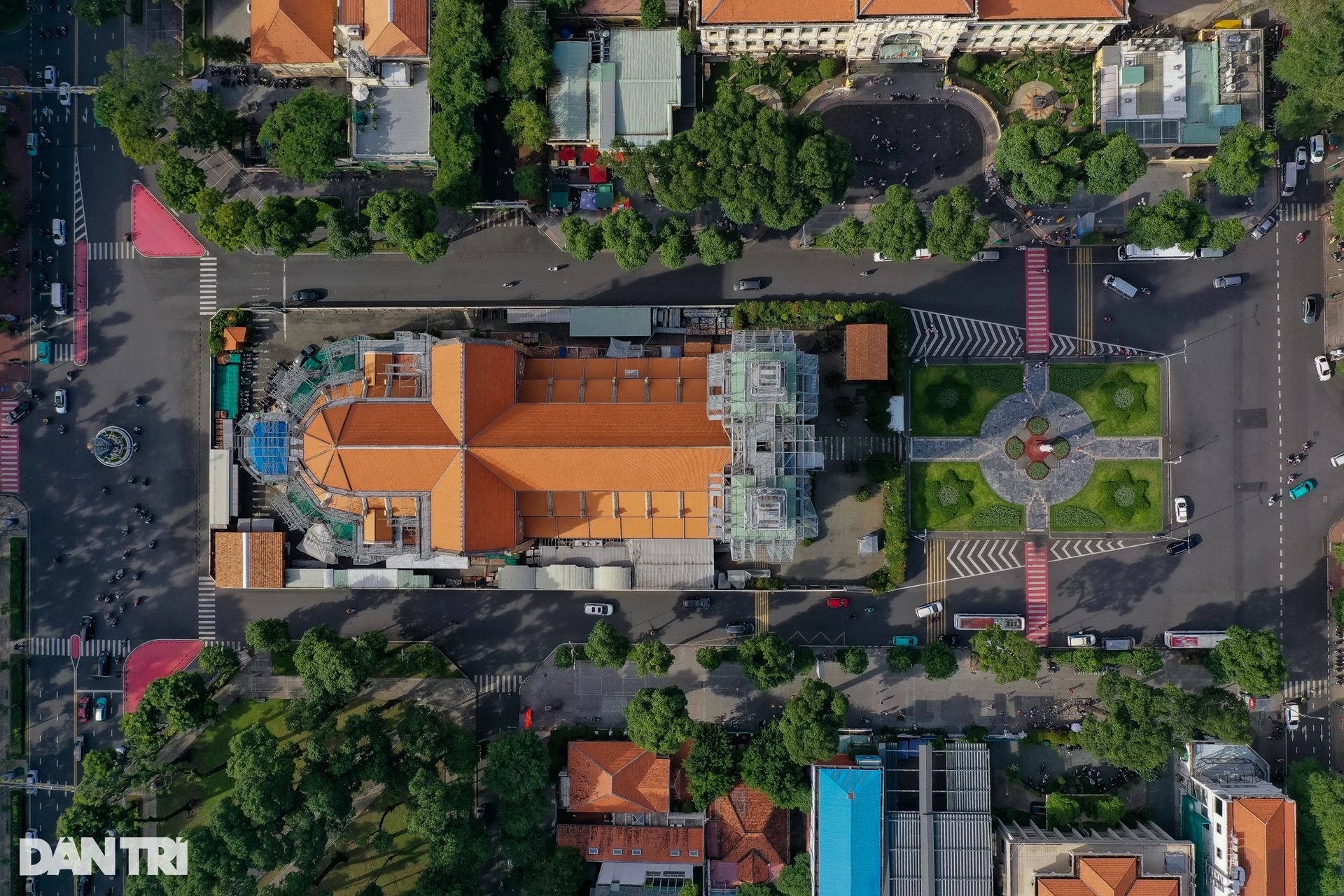
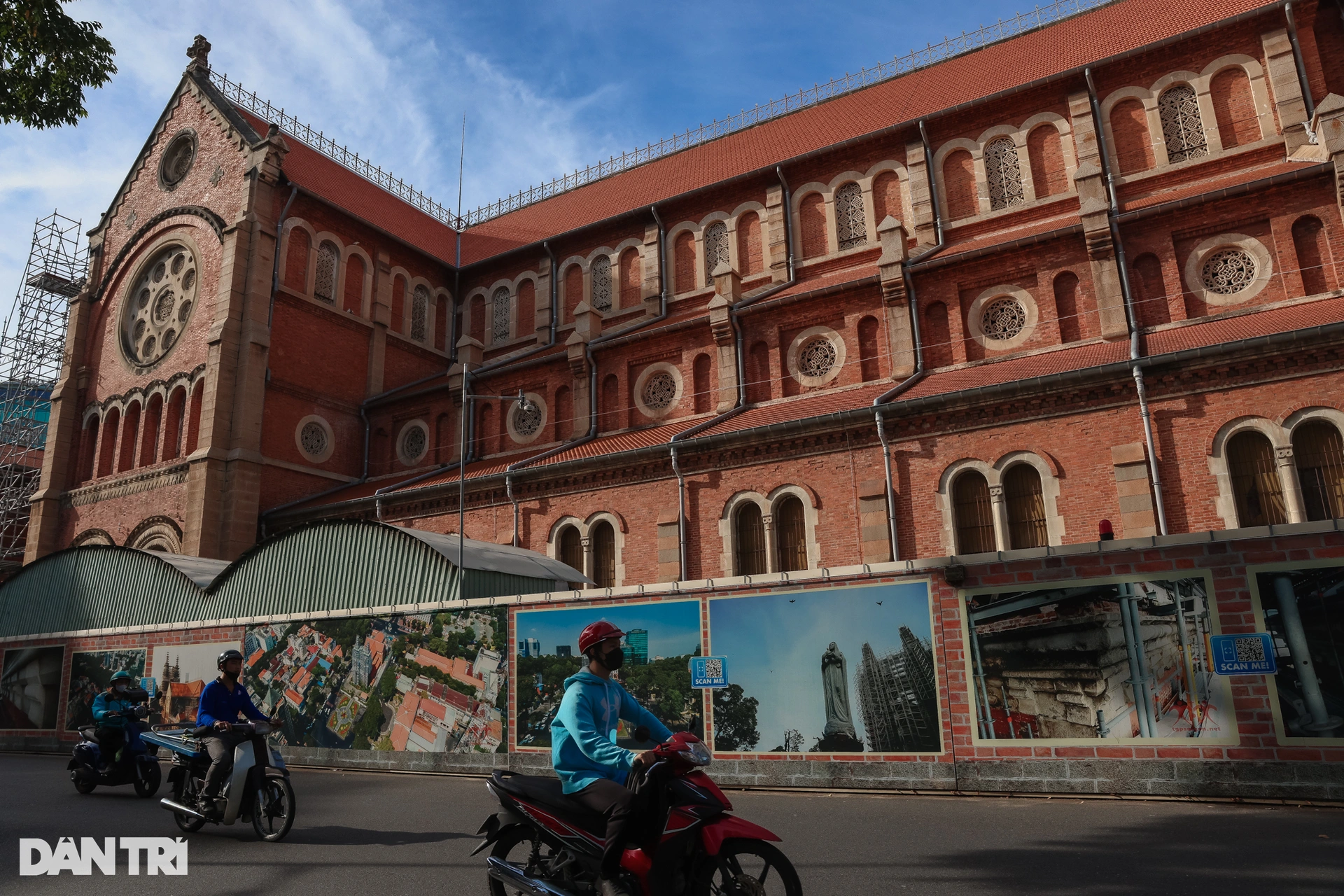
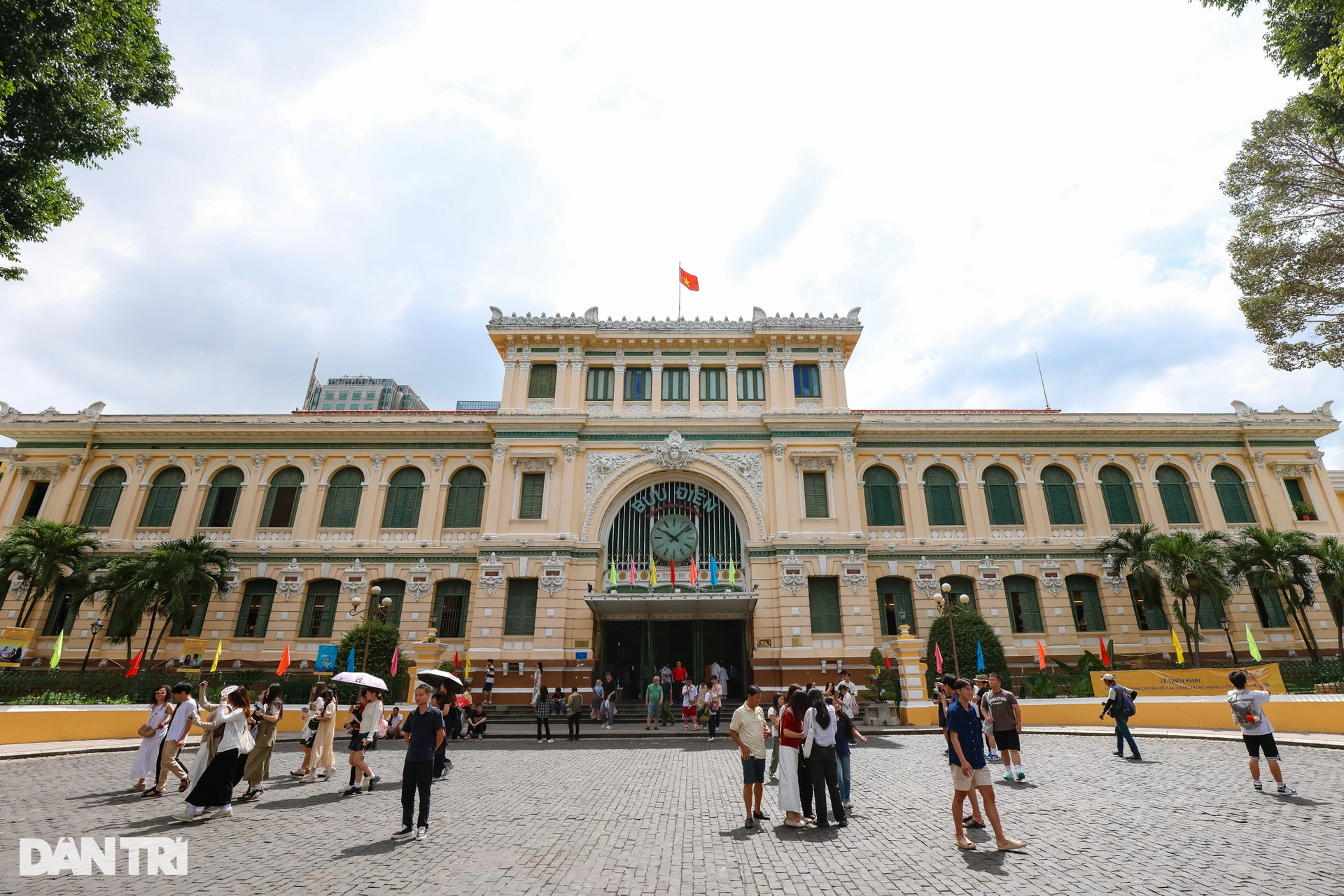
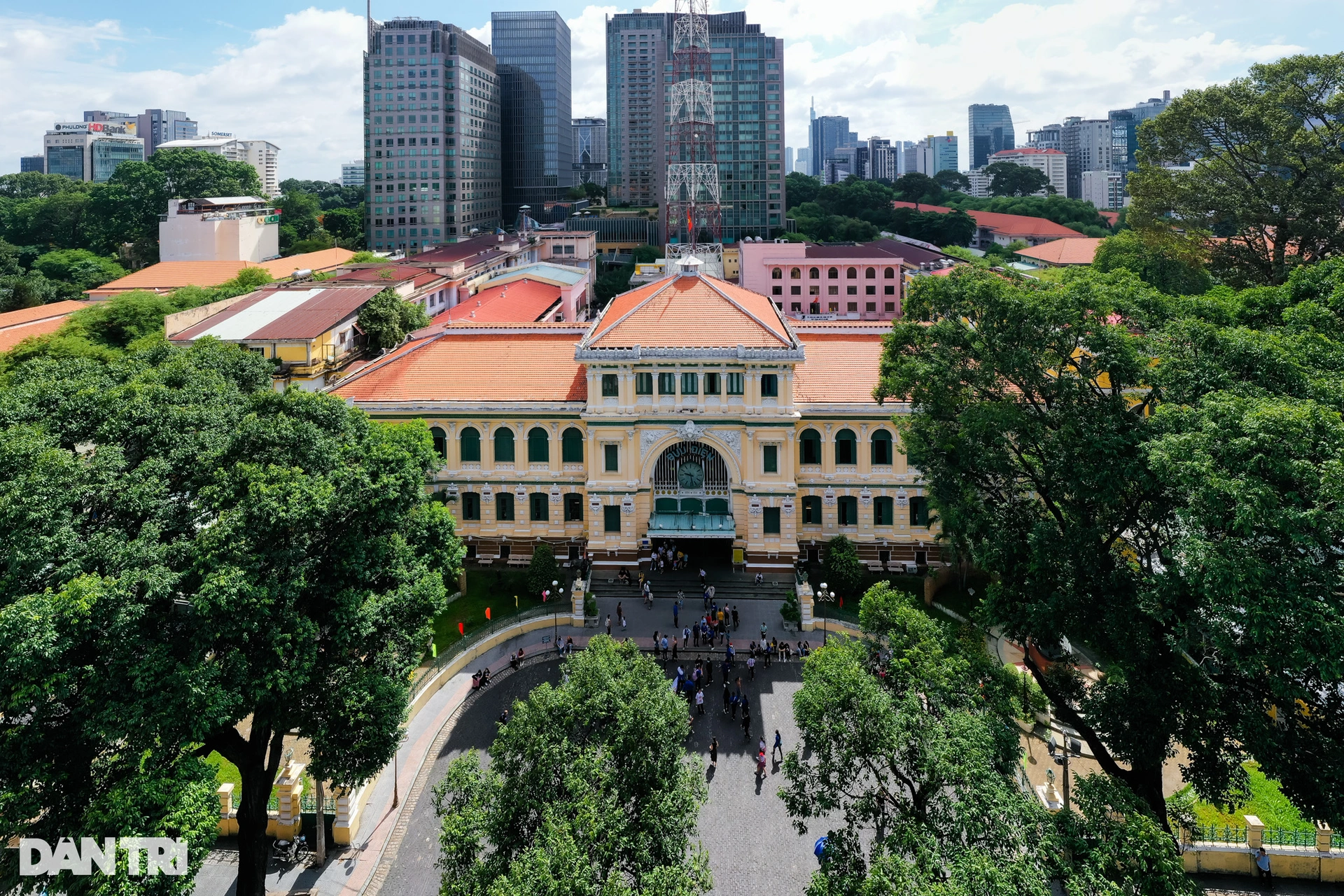
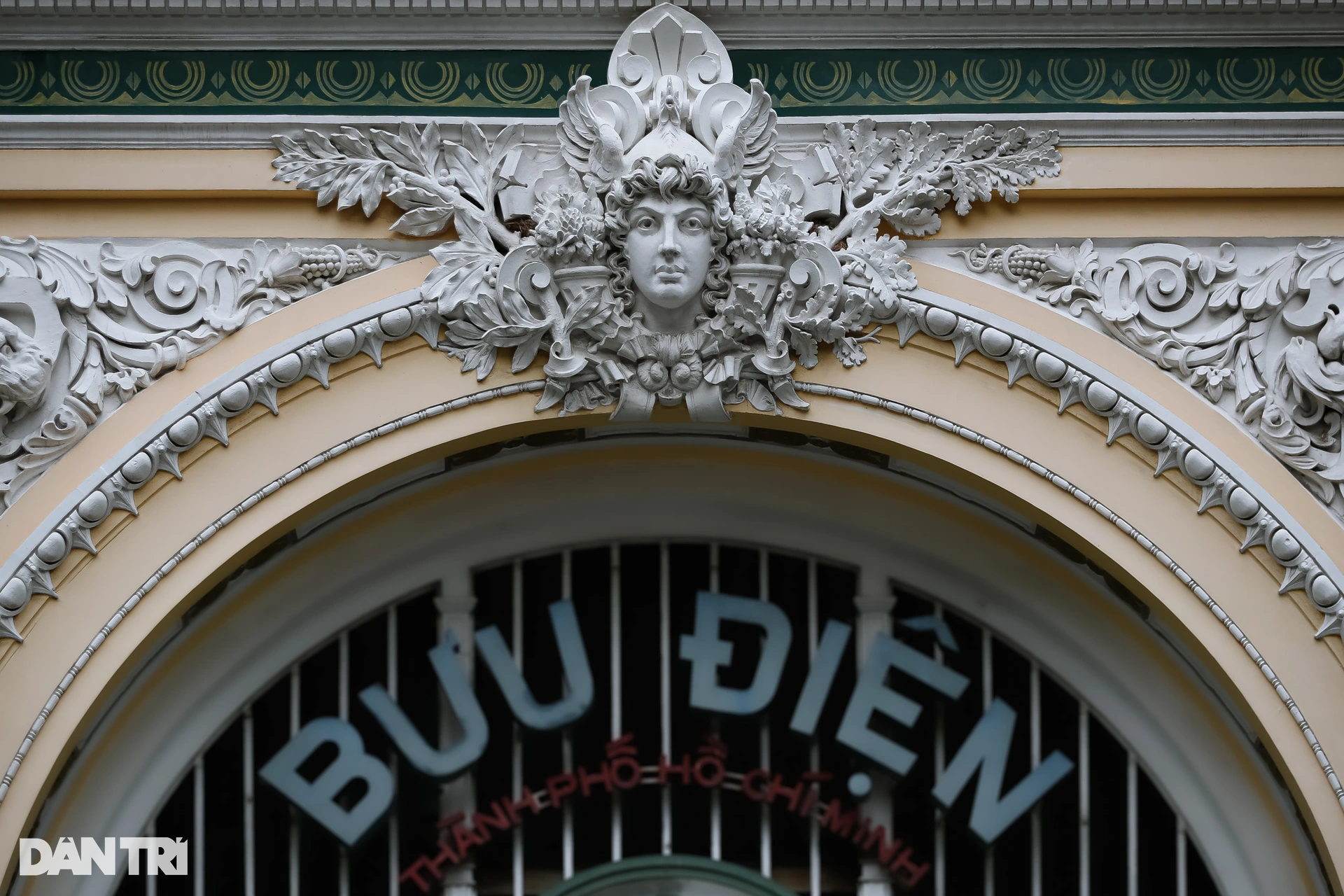
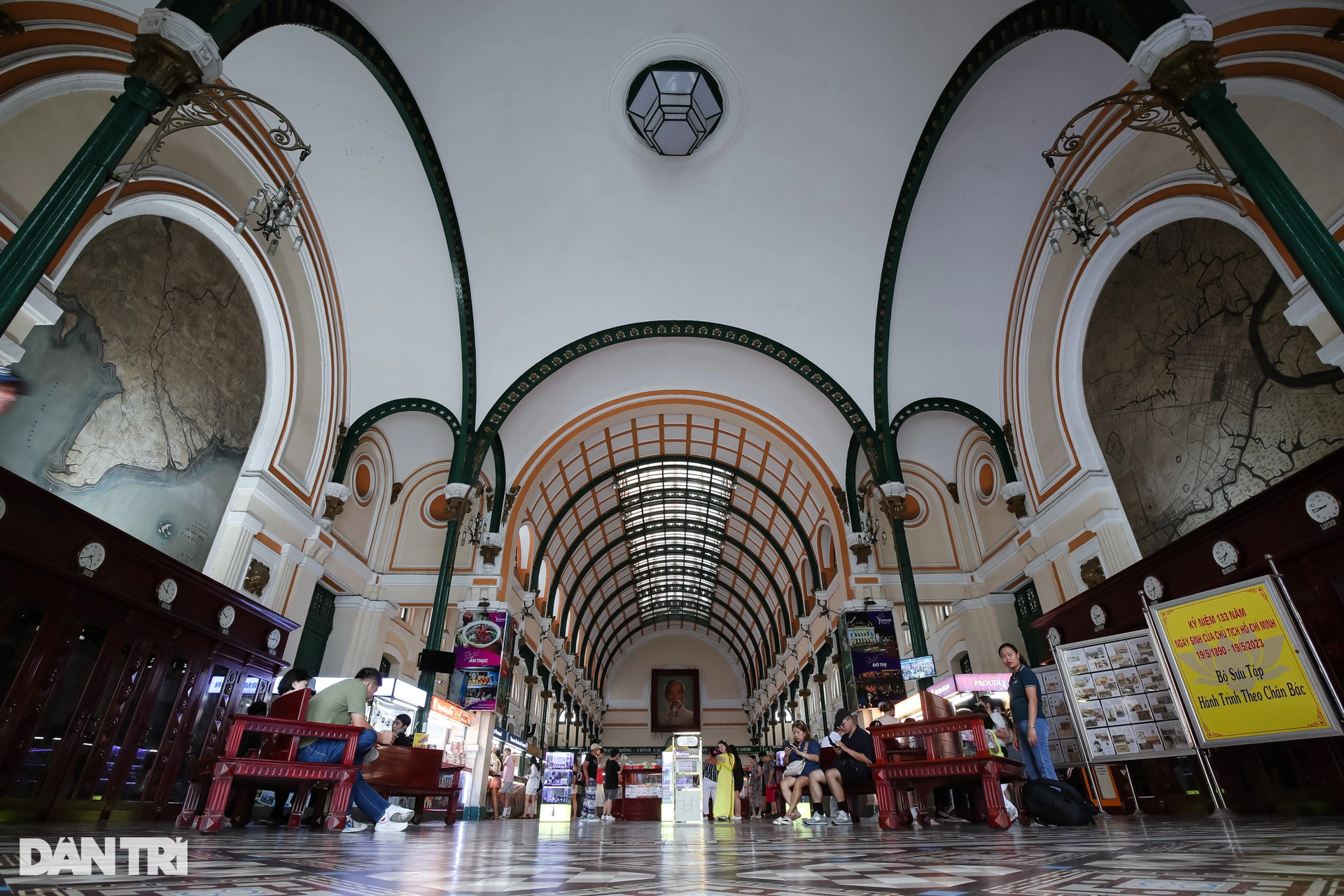
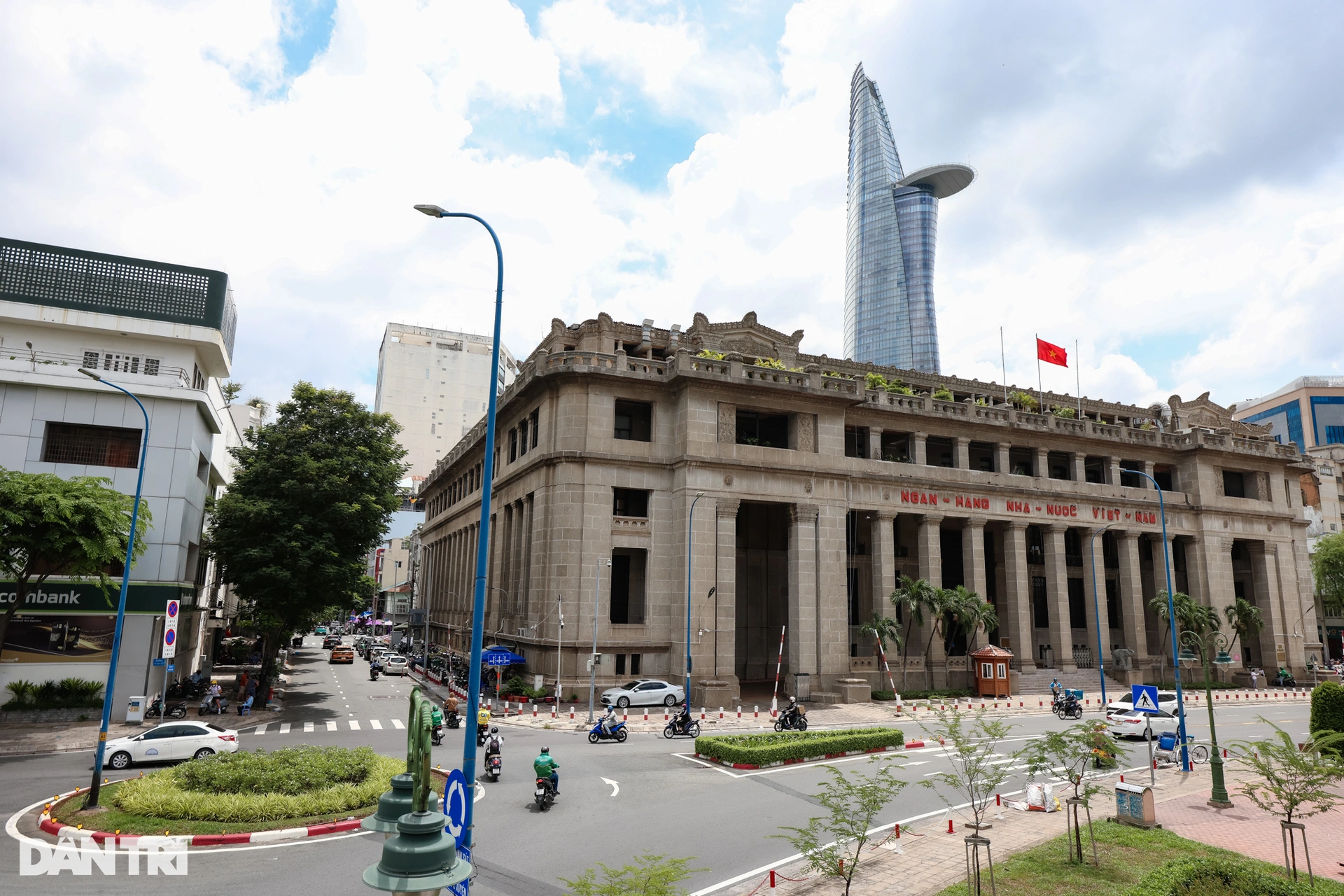
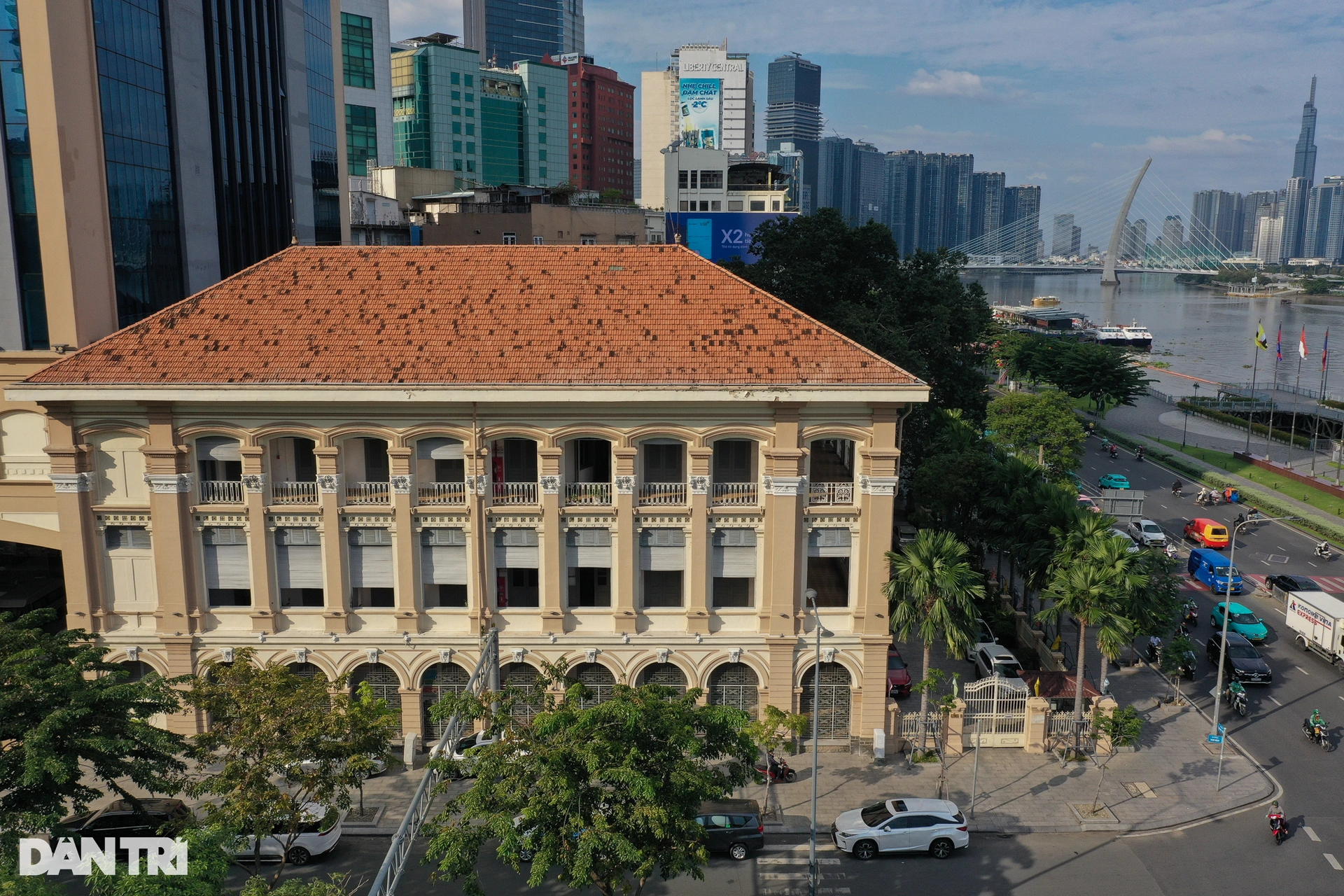
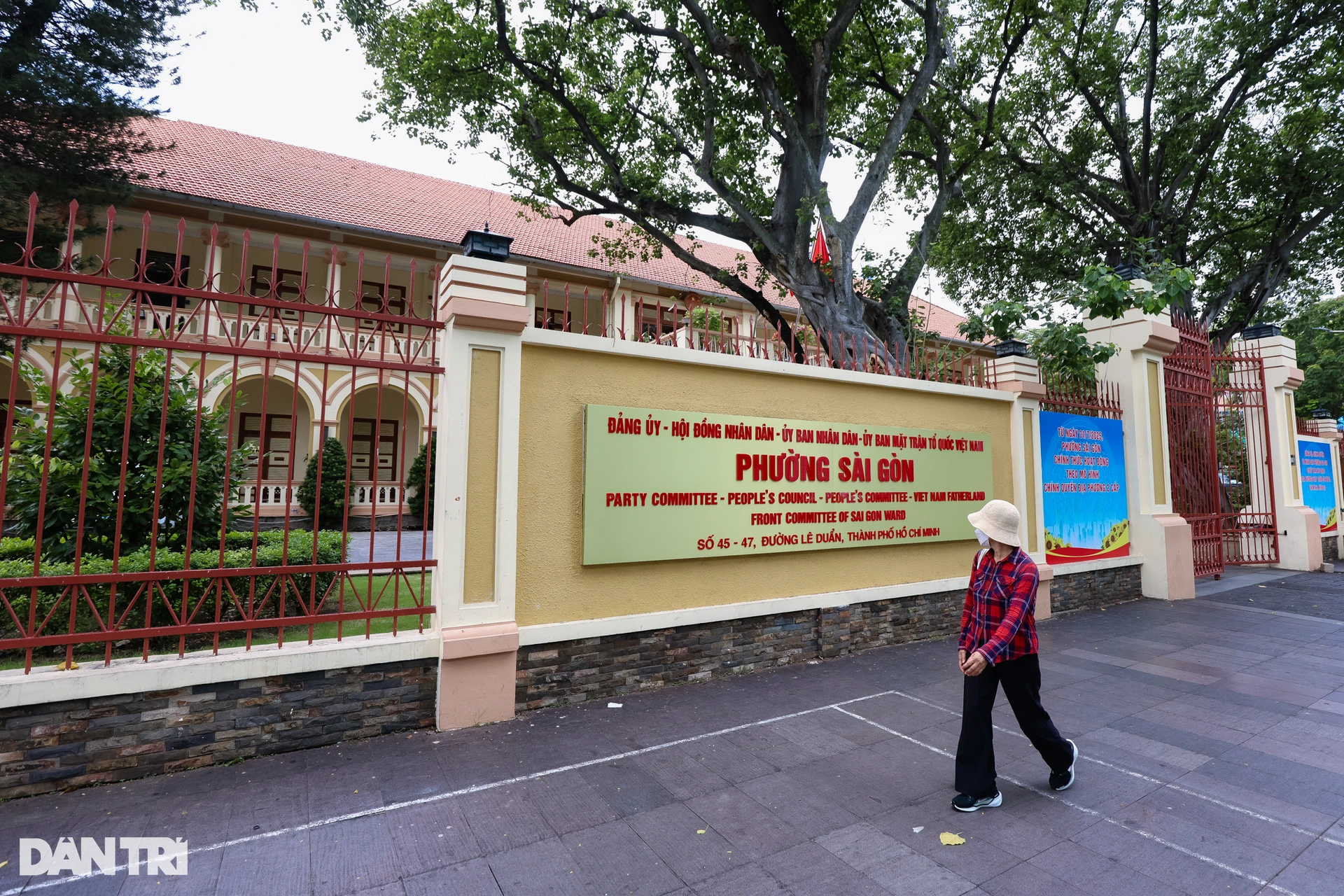
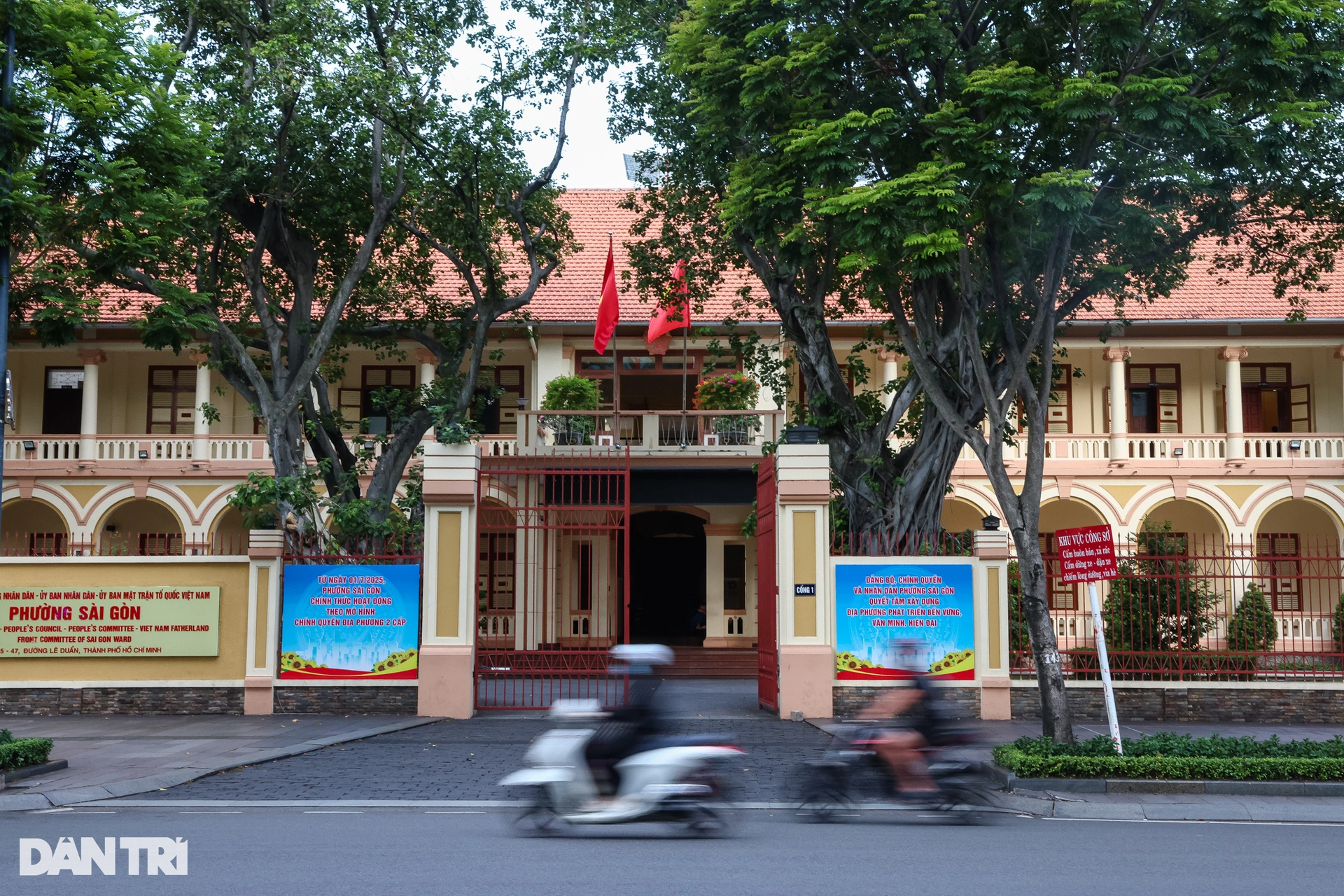
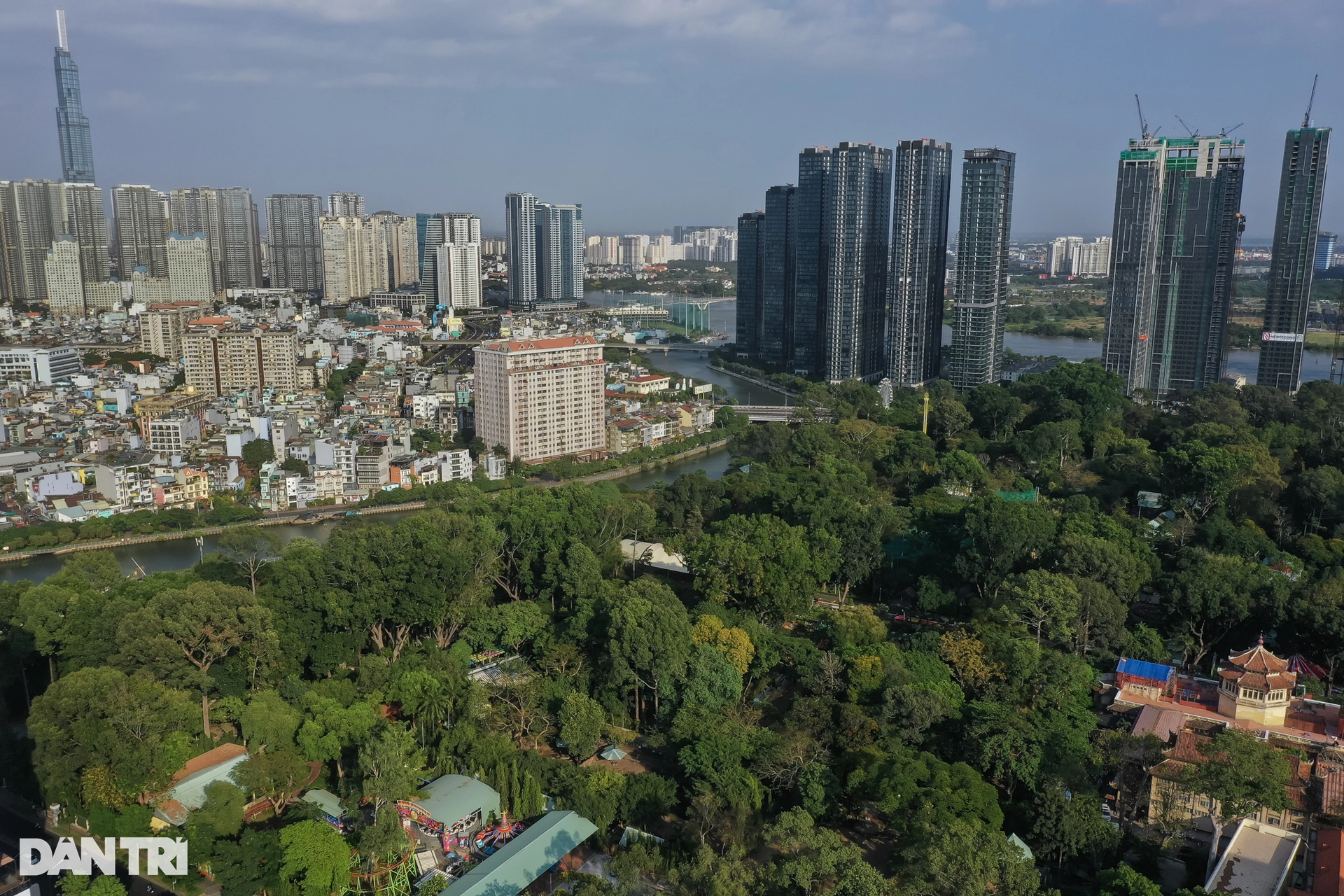


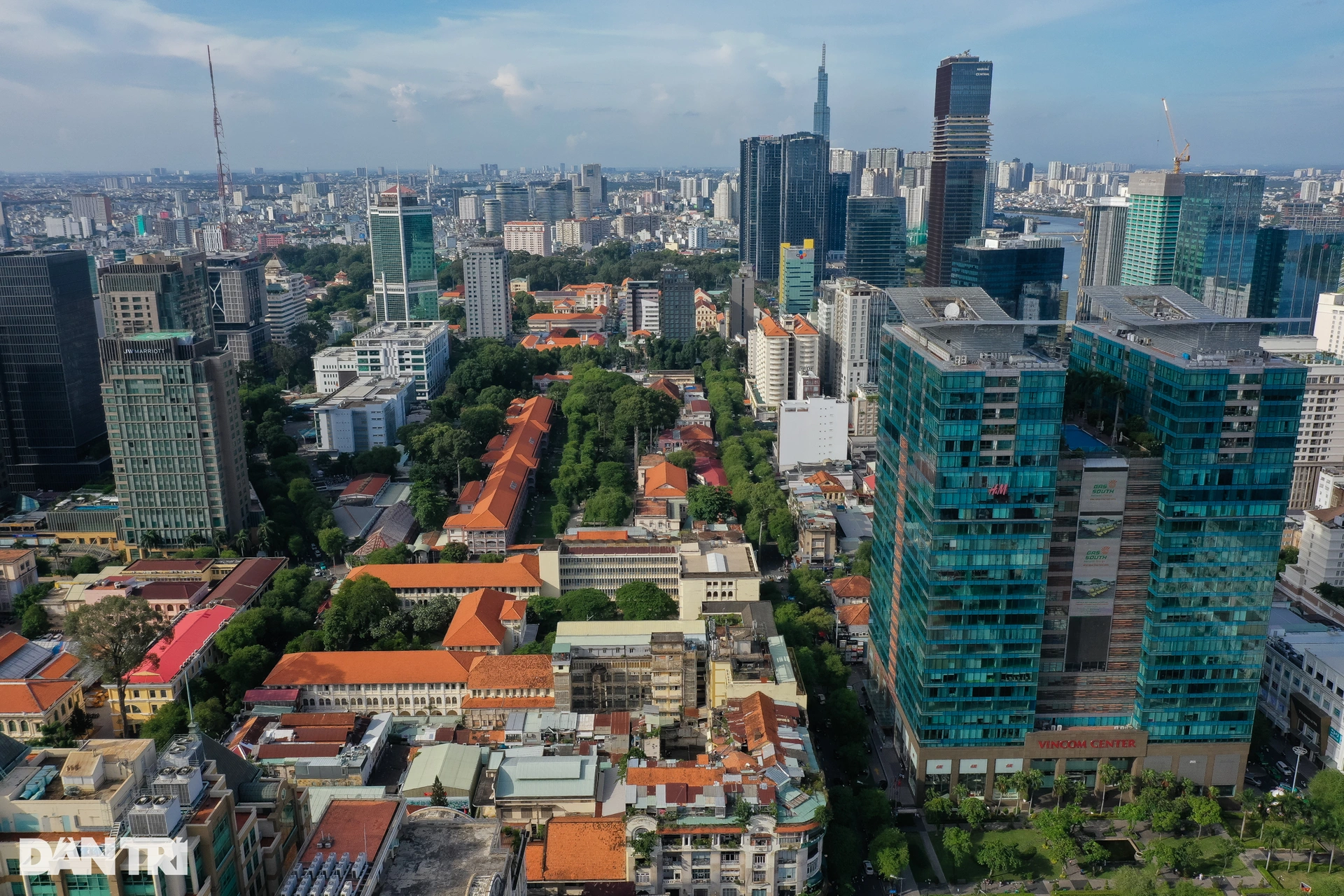
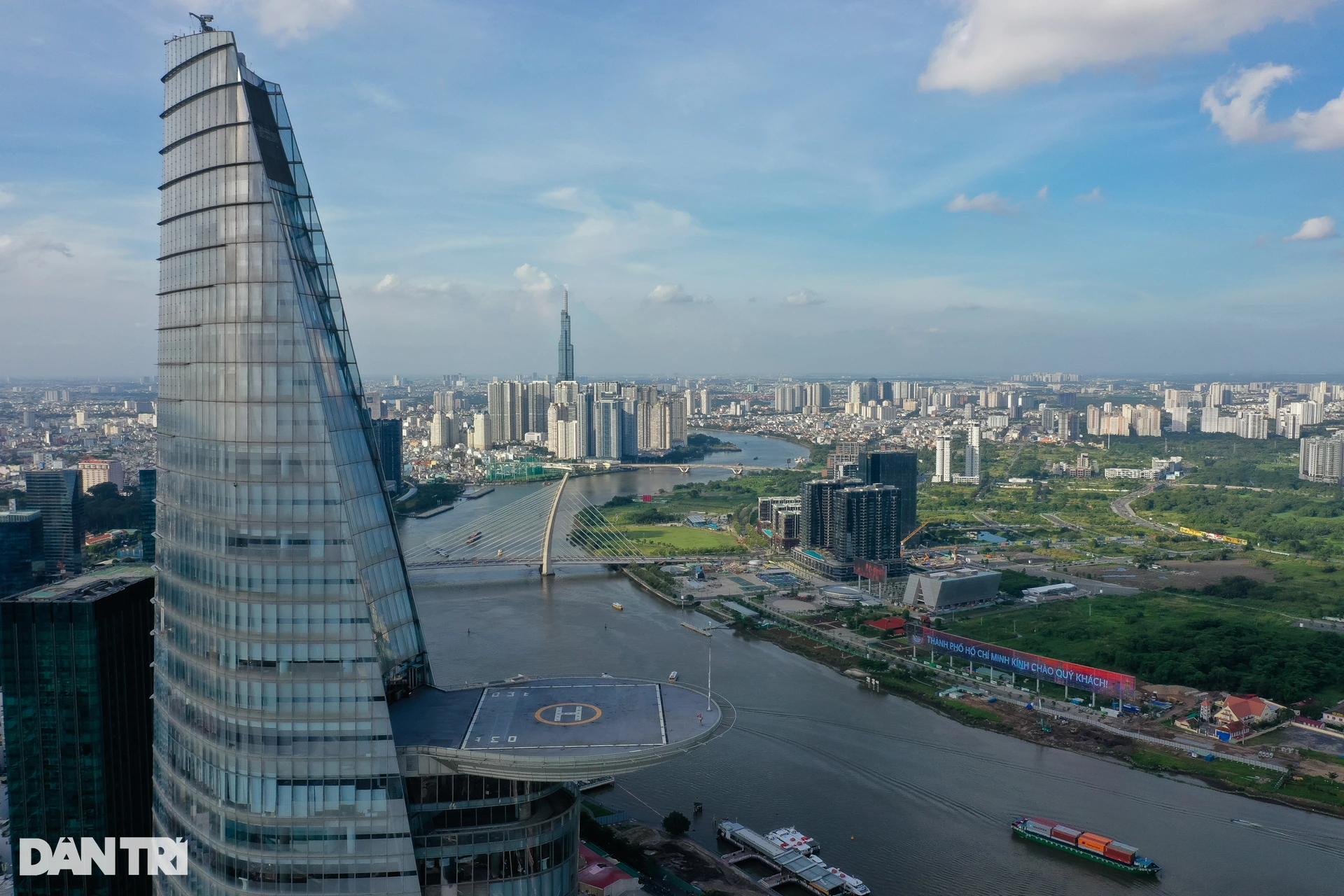
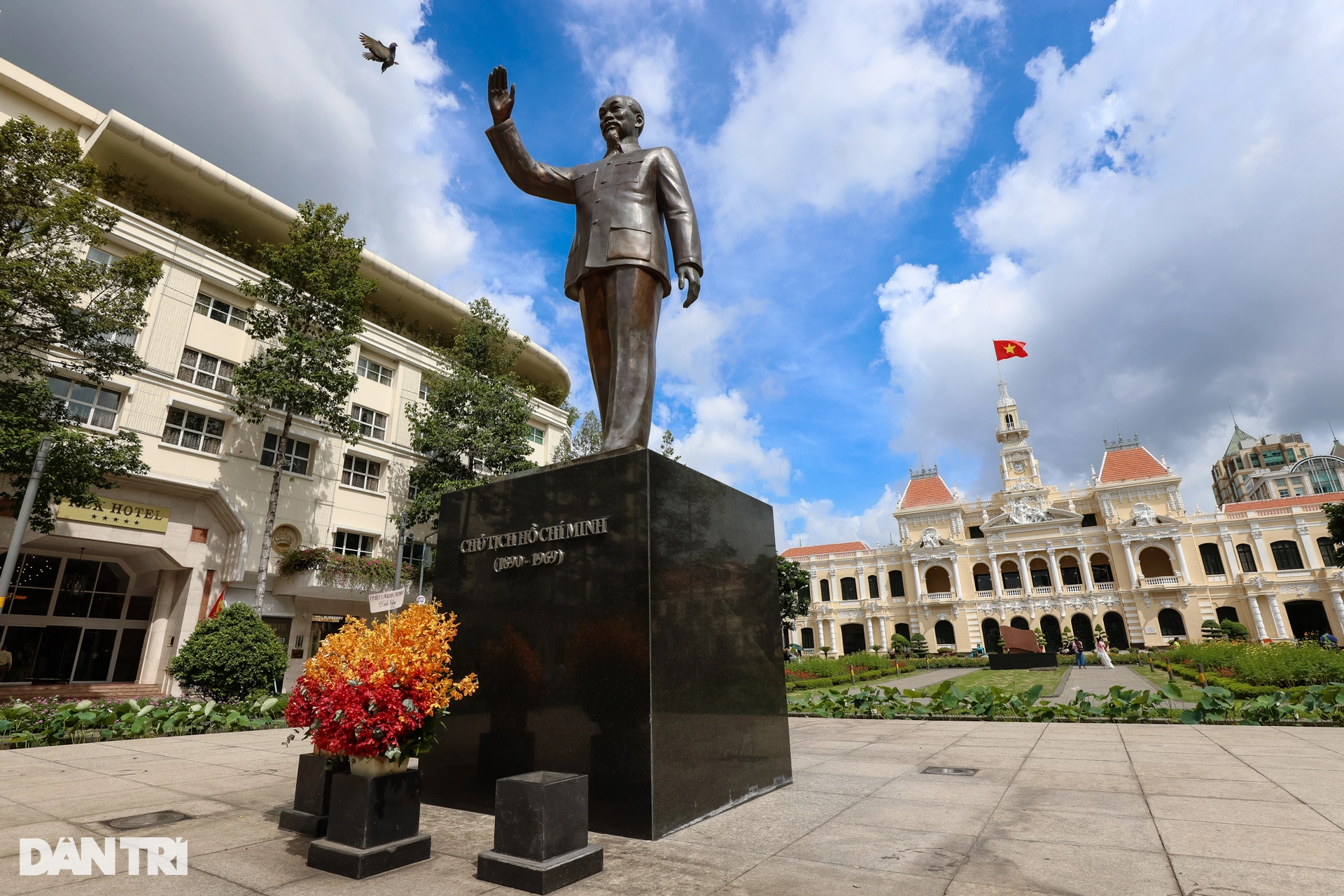
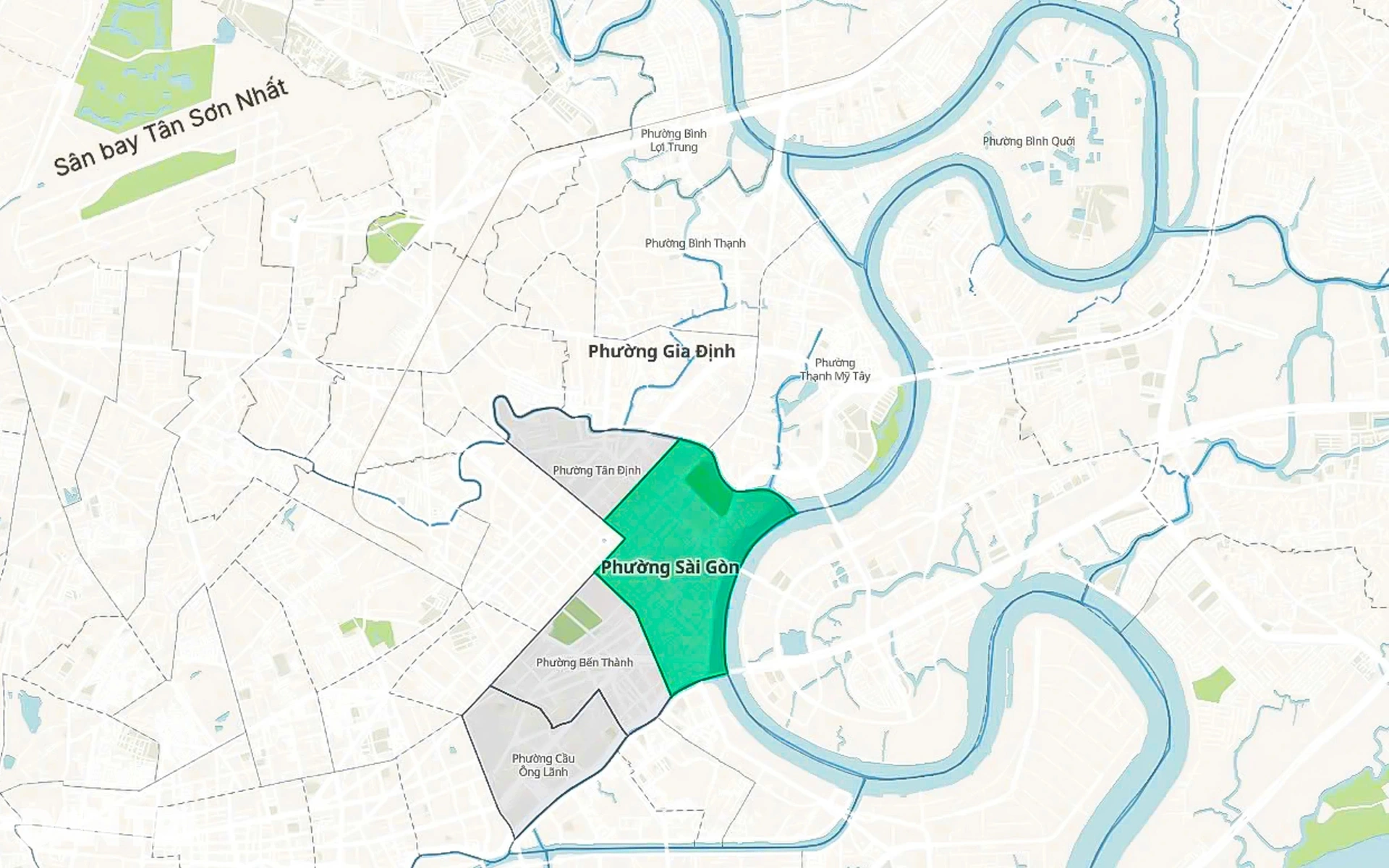
![[Photo] Images of the State-level preliminary rehearsal of the military parade at Ba Dinh Square](https://vphoto.vietnam.vn/thumb/1200x675/vietnam/resource/IMAGE/2025/8/27/807e4479c81f408ca16b916ba381b667)
![[Photo] National Assembly Chairman Tran Thanh Man holds talks with New Zealand Parliament Chairman](https://vphoto.vietnam.vn/thumb/1200x675/vietnam/resource/IMAGE/2025/8/28/c90fcbe09a1d4a028b7623ae366b741d)


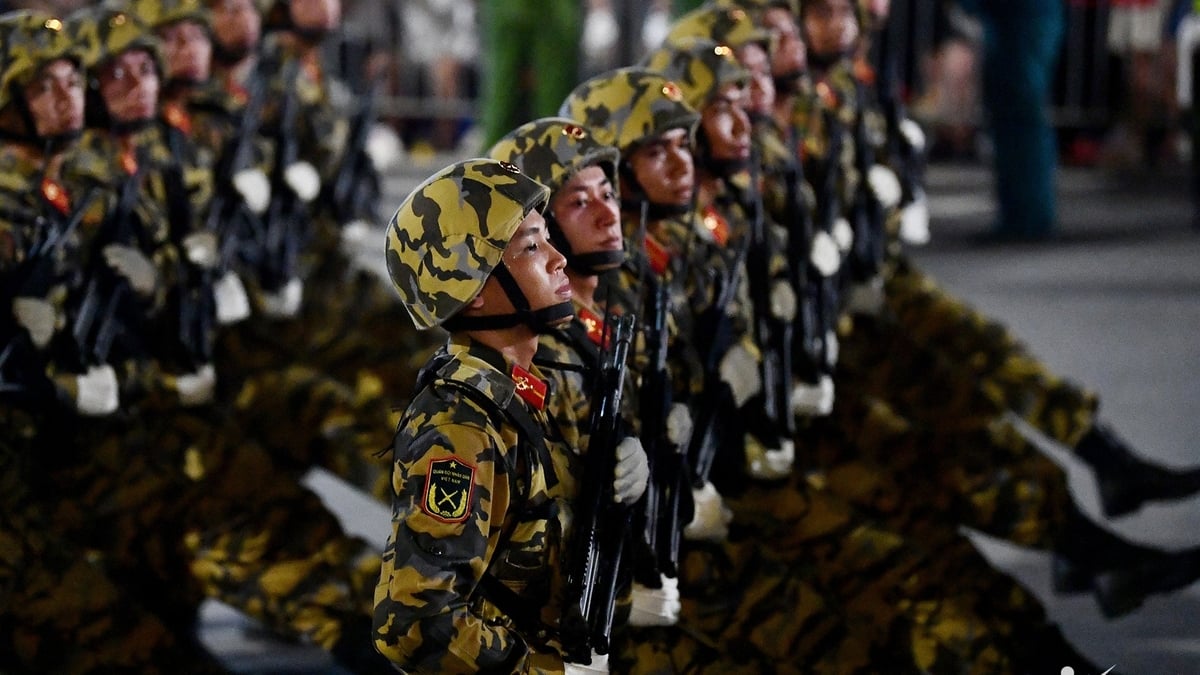








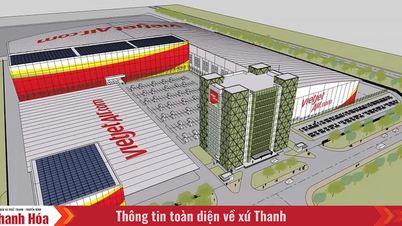
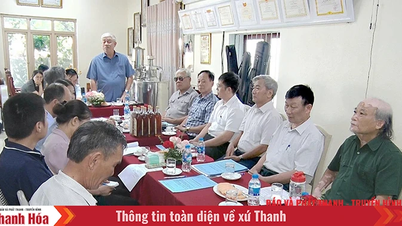
![[Photo] Parade blocks pass through Hang Khay-Trang Tien during the preliminary rehearsal](https://vphoto.vietnam.vn/thumb/402x226/vietnam/resource/IMAGE/2025/8/27/456962fff72d40269327ac1d01426969)



![[Photo] Many people eagerly await the preliminary review despite heavy rain](https://vphoto.vietnam.vn/thumb/402x226/vietnam/resource/IMAGE/2025/8/27/4dc782c65c1244b196890448bafa9b69)





















































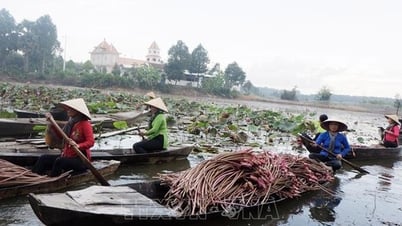

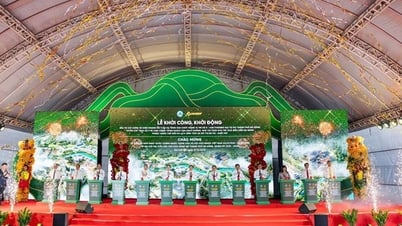




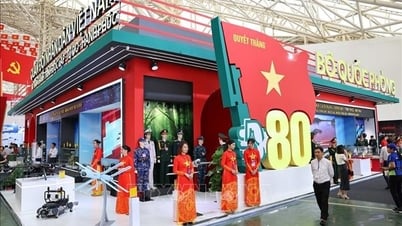







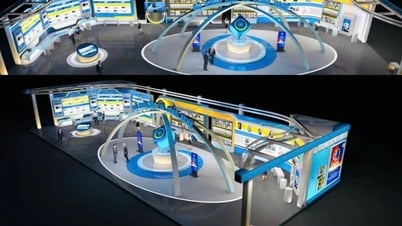









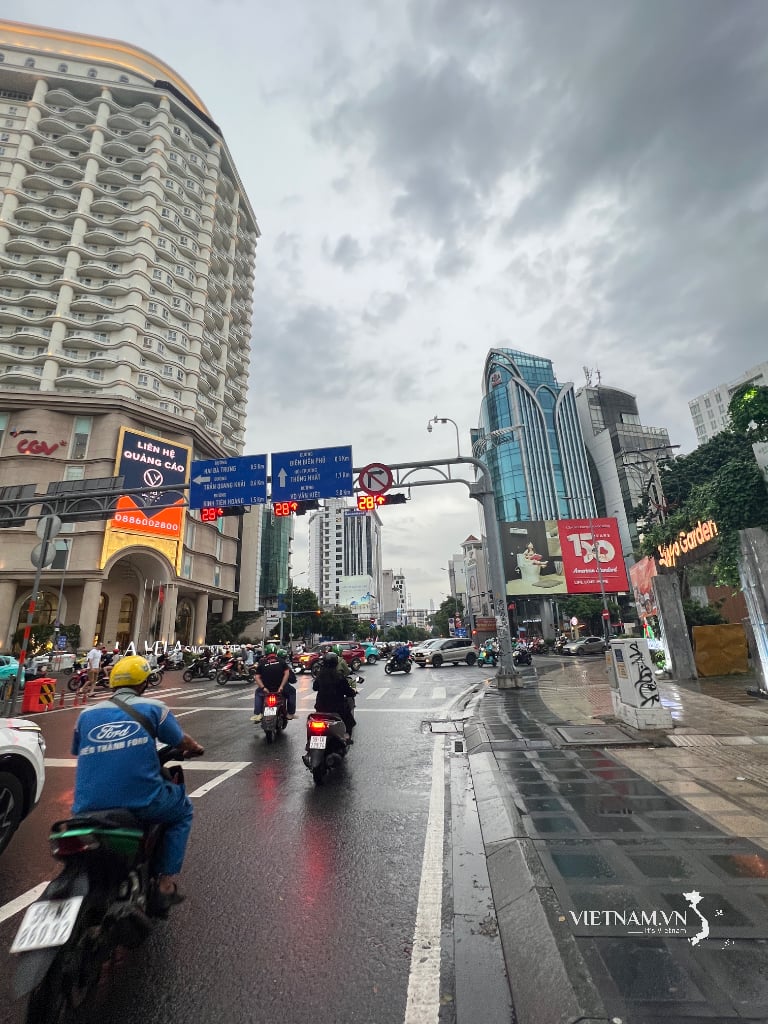


Comment (0)